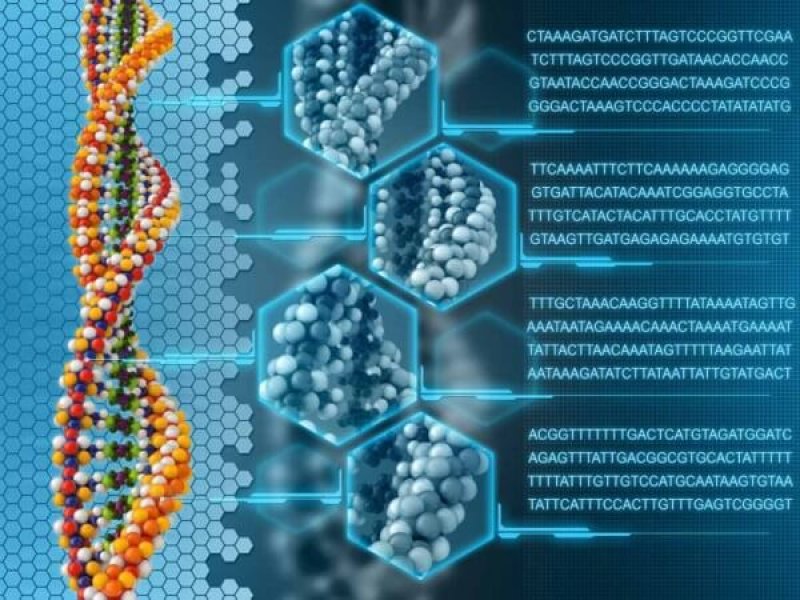The computing resources needed to handle genome data will soon exceed those of Twitter and YouTube, says a team of biologists and computer scientists who are worried that their discipline is not geared up to cope with the coming genomics flood.
Other computing experts say that such a comparison with other ‘big data’ areas is not convincing and a little glib. But they agree that the computing needs of genomics will be enormous as sequencing costs drop and ever more genomes are analysed.
By 2025, between 100 million and 2 billion human genomes could have been sequenced, according to the report, which is published in the journal PLoS Biology. The data-storage demands for this alone could run to as much as 2 to 40 exabytes (1 exabyte is 1018 bytes), because the number of data that must be stored for a single genome are 30 times larger than the size of the genome itself, to make up for errors incurred during sequencing and preliminary analysis.
“This serves as a clarion call that genomics is going to pose some severe challenges,” says biologist Gene Robinson from the University of Illinois at Urbana-Champaign (UIUC), a co-author of the paper. “Some major change is going to need to happen to handle the volume of data and speed of analysis that will be required.”
The GLP aggregated and excerpted this blog/article to reflect the diversity of news, opinion and analysis. Read full, original post: Genome researchers raise alarm over big data































